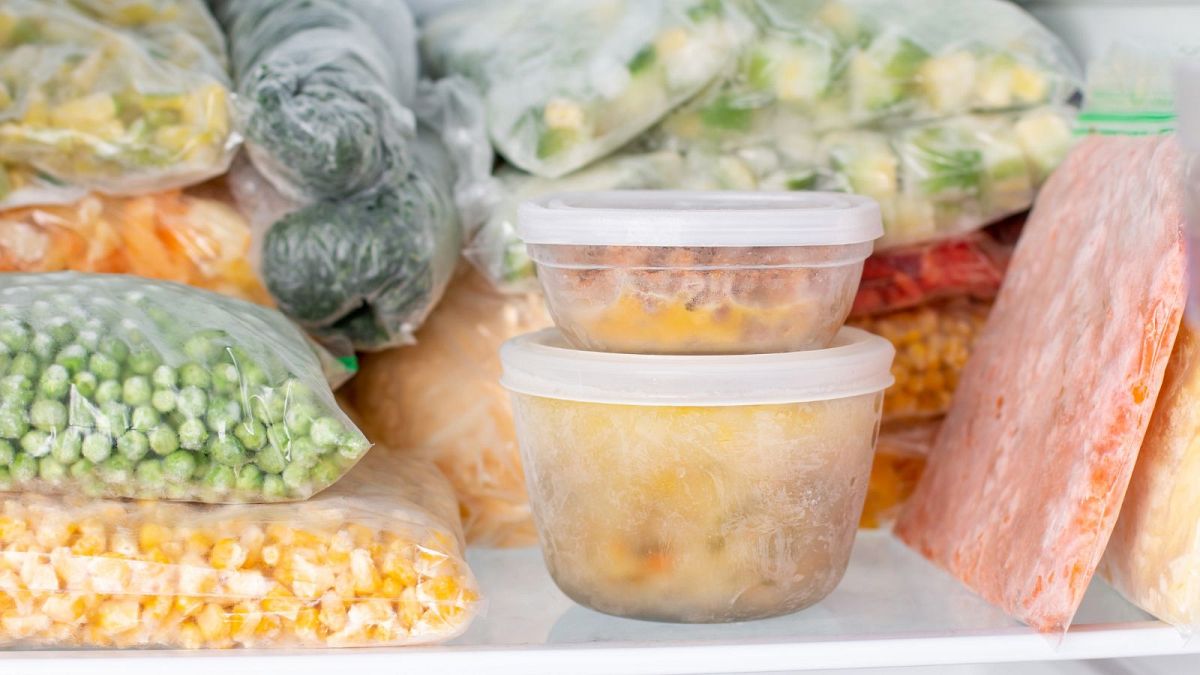

As temperatures soar across Europe, reaching above 40°C in numerous regions, the continent finds itself navigating a complex landscape of climate challenges. The current heatwave, described as extreme by meteorologists, has sparked widespread concern about rural wildfires and the broader implications for climate resilience. In response, European citizens and governments are adapting through innovative practices and renewed dialogues on sustainable development.
The effects of the heatwave are being felt acutely in countries like Portugal, where the Portuguese Institute for Sea and Atmosphere has issued alerts regarding potential wildfire outbreaks. The combination of dry conditions and strong winds poses substantial risks, prompting authorities to urge caution and vigilance. This situation underscores the urgent need for effective climate adaptation strategies that can mitigate the impact of extreme weather events.
Amidst these challenges, individuals and communities are turning to practical solutions, such as increasing the consumption of frozen foods, to help reduce food waste and optimize household resources. A recent survey indicates a growing trend among European consumers gravitating towards frozen food options, not only as a means to save time and money but also as a commitment to a more sustainable food system. This shift reflects a broader awareness of the role consumer choices play in supporting environmental sustainability.
In parallel with these grassroots efforts, significant discussions on climate action continue to unfold at the institutional level. A notable event was staged in London, where King Charles III engaged with climate activists, represented symbolically by a puppet gorilla, to emphasize the urgency of addressing climate change. The event highlighted the importance of fostering awareness and driving collective action to combat environmental challenges.
Despite the proactive measures and awareness campaigns, not all developments are progressing smoothly. The preparations for the upcoming COP30 summit in Belém, Brazil, have faced logistical complexities, with concerns about adequate accommodations for participants. This has prompted Brazilian authorities to reassure attendees, ensuring that the pivotal climate conference proceeds smoothly and effectively, with a focus on actionable outcomes.
On the European front, France has sparked discussions by proposing a delay to the EU’s next climate milestone. This suggestion, confirmed by President Emmanuel Macron, raises questions about the bloc’s long-term green ambitions. The potential delay could impact Europe’s leadership in international climate negotiations, underscoring the delicate balance between national policies and collective commitments.
As Europe contends with these immediate and broader climate-related issues, a key takeaway is the resilience of its citizens and institutions. Through practical choices, creative engagements, and policy dialogues, Europe is charting a course forward in a world increasingly defined by climate volatility. The emphasis remains on fostering collaboration and innovation to ensure a sustainable and resilient future for all.
Source: {link}
